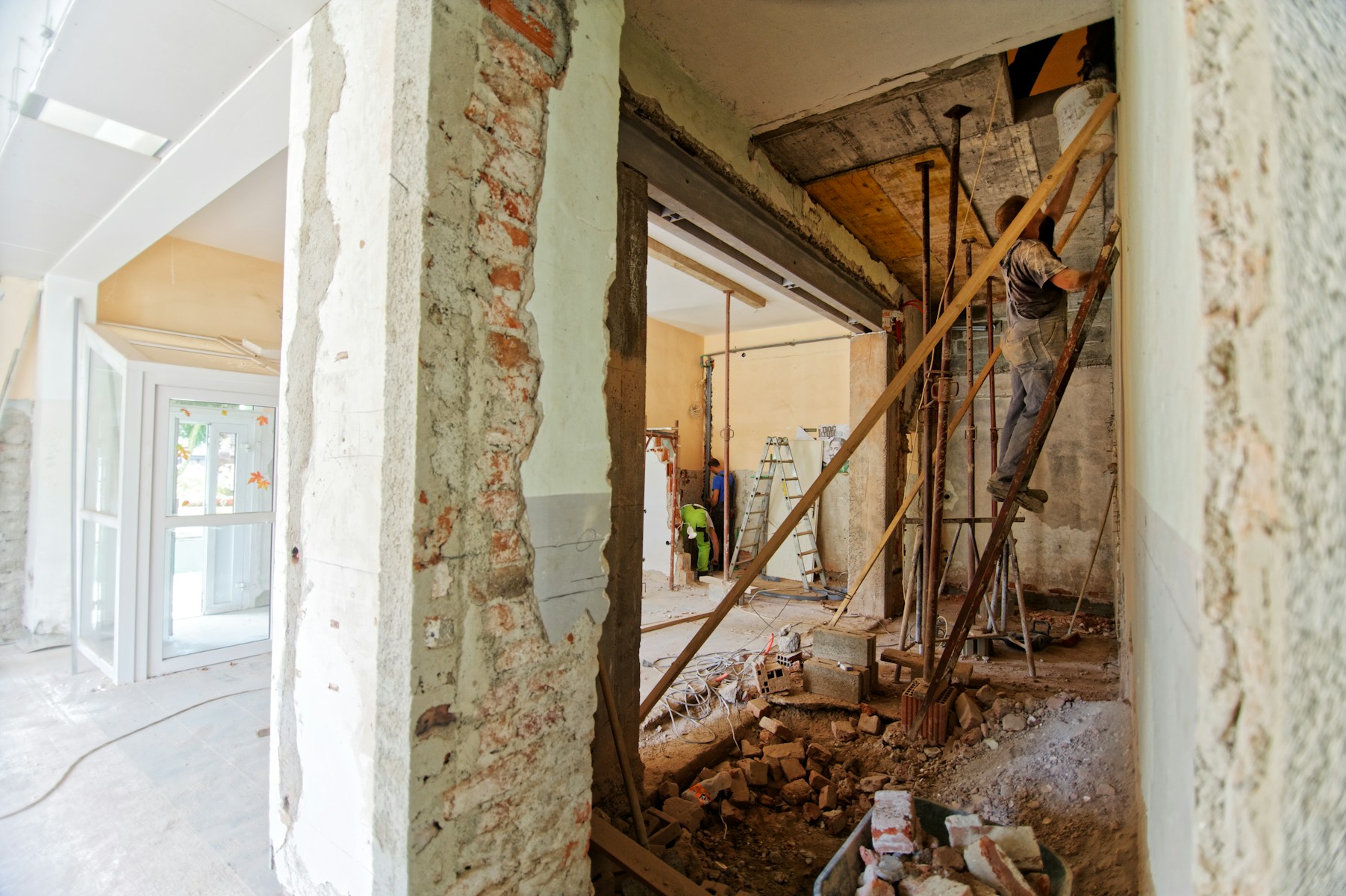Flipping houses can be a profitable venture if done correctly. It involves buying a property, renovating it, and selling it for a profit. However, it requires careful planning, market knowledge, and strategic execution. Here are some essential tips to help you flip houses successfully:
1. Conduct Thorough Market Research
Understanding the local real estate market is crucial. Research neighborhoods, property values, and market trends. Look for areas with high demand and potential for appreciation. Knowing your market helps you make informed decisions and avoid costly mistakes.
2. Develop a Solid Business Plan
Treat house flipping as a business. Create a detailed business plan outlining your goals, budget, timeline, and strategies. This plan will serve as your roadmap and help you stay focused and organized throughout the process.
3. Build a Reliable Team
Surround yourself with experienced professionals, including real estate agents, contractors, inspectors, and attorneys. A reliable team can provide valuable insights, handle complex tasks, and ensure the project runs smoothly.
4. Secure Financing Early
Determine your financing options and secure funding before purchasing a property. Explore traditional mortgages, hard money loans, private lenders, or partnerships. Having financing in place ensures you can act quickly when a good deal arises.
5. Buy Below Market Value
The key to a successful flip is buying properties below market value. Look for distressed properties, foreclosures, or auctions where you can negotiate a lower purchase price. This gives you more room for renovations and profit.
6. Create a Realistic Budget
Estimate all costs involved, including purchase price, renovation expenses, holding costs, and selling fees. Add a contingency buffer for unexpected expenses. Sticking to a realistic budget helps you avoid overspending and ensures profitability.
7. Focus on High-Impact Renovations
Prioritize renovations that add the most value. Kitchens and bathrooms are often the best areas to invest in, as they significantly impact a property’s appeal. Also, consider curb appeal improvements like landscaping and exterior paint.
8. Manage Time Efficiently
Time is money in house flipping. Create a detailed timeline for each phase of the project and stick to it. Delays can increase holding costs and reduce your profit margin. Efficient project management is essential for a successful flip.
9. Market the Property Effectively
Once renovations are complete, market the property aggressively. Use professional photography, list on multiple platforms, and highlight the property’s best features. Hosting open houses and virtual tours can also attract potential buyers.
10. Be Prepared for Challenges
Flipping houses can be unpredictable. Be prepared to face challenges such as unexpected repairs, market fluctuations, or financing issues. Stay flexible, adapt to changes, and have contingency plans in place.
Conclusion
Flipping houses successfully requires thorough research, careful planning, and effective execution. By following these tips, you can navigate the complexities of house flipping and maximize your chances of success. Remember, patience and persistence are key to becoming a successful house flipper.

